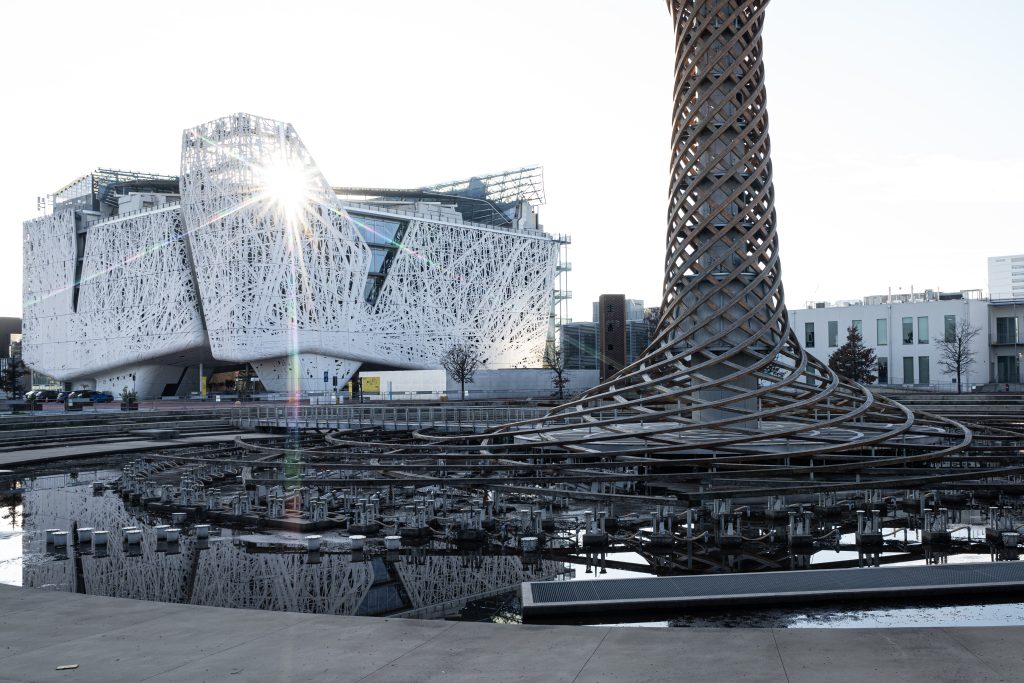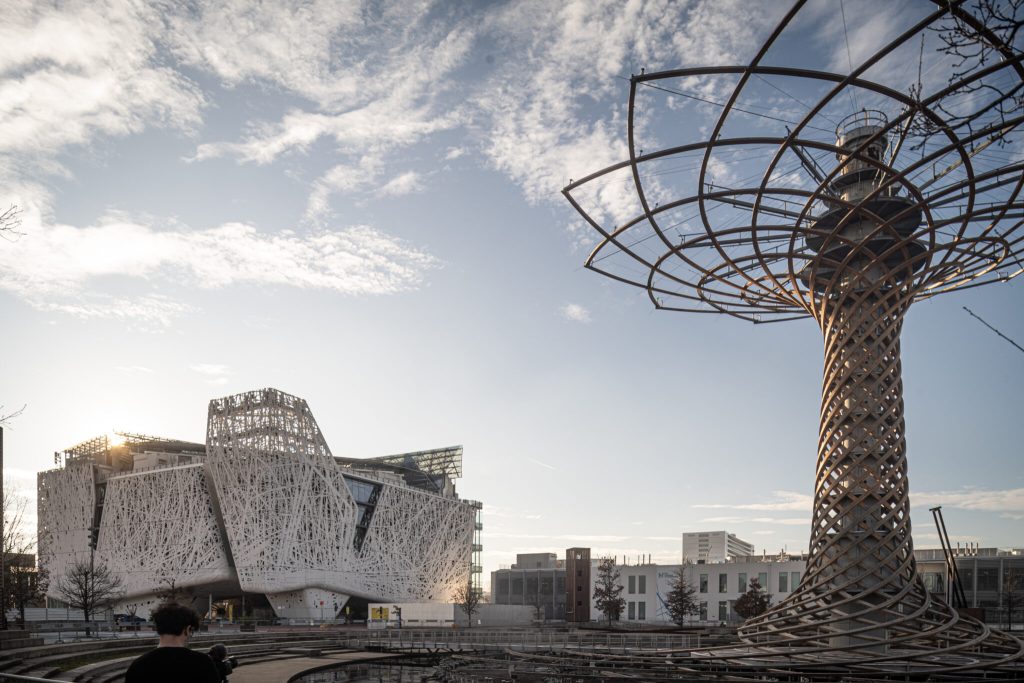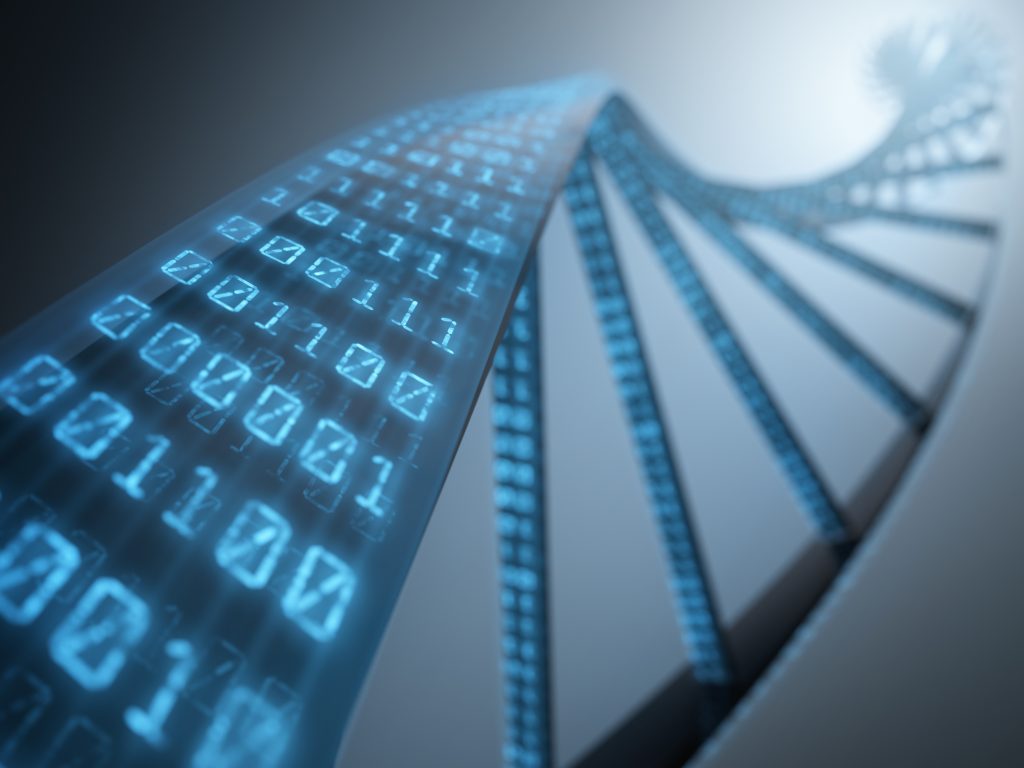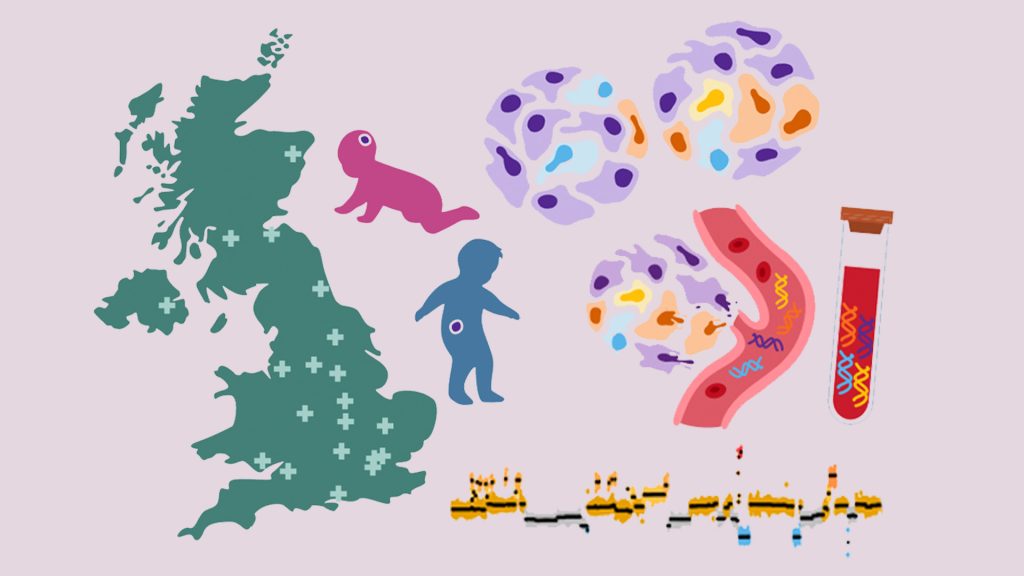New Group Leaders in Genomics & Neurogenomics
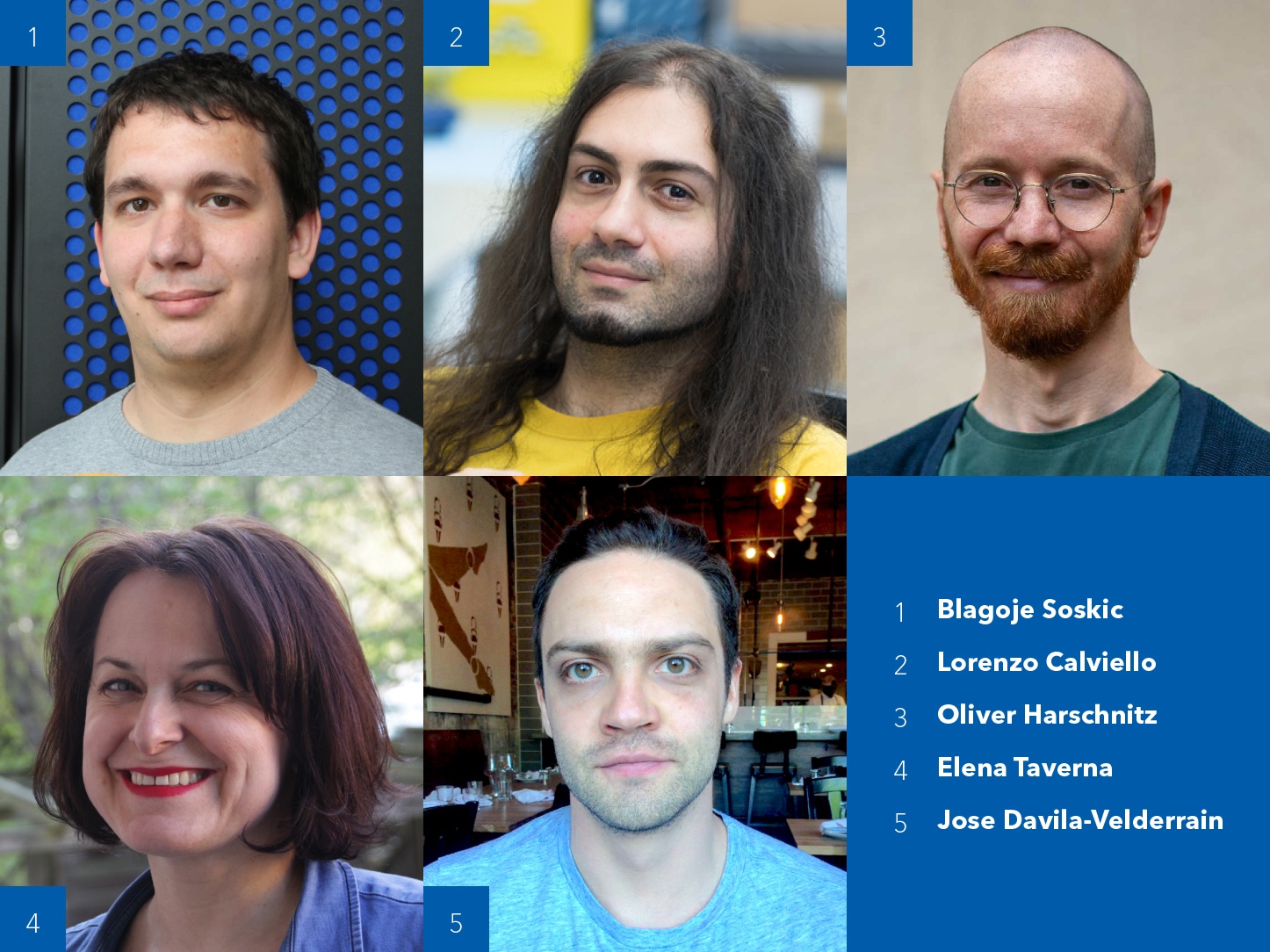
We are excited to introduce five new Group Leaders who will be joining Human Technopole’s Genomics and Neurogenomics Research Centres in the coming months.
GENOMICS
Blagoje Soskic is a Serbian immunologist and geneticist, currently a post-doctoral fellow at the Wellcome Sanger Institute in Cambridge, UK. Blagoje’s group uses a wide range of immunological and genomic assays to study variation in the immune system. His group is particularly focused on elucidating the genetic control of T cell – B cell interaction and antibody production. His research contributes to understanding how genetic variation affects the function of immune cells and predisposes us to infections and autoimmune diseases. This will be important to understand why some people develop autoimmunity, or why people differ in how well they respond to vaccines. He will be joining HT in January 2022.
“I am delighted to start my group at Human Technopole, as it presents a unique opportunity to use cutting edge technologies to study genetics of immune diseases. Equally important, Italy has outstanding research activity in both immunology and genetics, and I am very much looking forward to begin new collaborations with Italian scientists.” – BS.
Lorenzo Calviello is an Italian molecular and computational biologist. Since 2018 he has been a postdoc at the University of California, San Francisco. He is interested in what happens after transcription of DNA into RNA, during what is (often erroneously) assumed to be a default process resulting in the translation of RNA into protein. His group will make extensive use of unbiased -omics technologies and computational approaches to illuminate different aspects of translational control, examining both the coding and non-coding transcriptome. The lab will especially focus on the role of post-transcriptional gene regulation in neuronal function and disease, in collaboration with other departments at HT and elsewhere. The goal of the lab will be to integrate biochemistry, cell biology, genomic data science, signal processing and machine learning into a unified scientific vision. He will be joining HT in September 2021.
“I believe that science should be a modern world agora where diverse minds come together for a free exchange of ideas. In the present day and age, this means creating an English-speaking international environment open to new technologies, which endorses transparency and interdisciplinarity among its core values. I believe that Human Technopole represents a well-funded, exciting new candidate for such a place in the heart of Europe, and it has certainly started with the right attitude and leadership” – LC.
NEUROGENOMICS
Oliver Harschnitz is a Dutch stem cell biologist joining us from the Sloan-Kettering Institute in New York. His research focuses on the underlying mechanisms which cause neuro-immunological diseases, with a specific interest in what causes inflammation in the brain. Neuroinflammation can be the consequence of viral infection, autoimmunity, or neurodegeneration. While viral infection or autoimmunity can have severe acute effects, they may also lead to long-term, or chronic inflammation in the brain. Both the acute and chronic stages of neuro-immunological disease can cause significant neurological deficits in patients. By better understanding the distinct molecular mechanisms that drive neuroinflammation over time, he hopes to help identify new therapeutic targets for patients who suffer from these devastating illnesses. He will be joining HT in January 2022.
“My passion for science and the unique opportunity that Human Technopole offers where cutting-edge research and collaborative science meet is what brought me to Italy. Outside of life in the lab, I am also very much looking forward to moving to Milan. Living in such an exciting city but also near the mountains is really something I will enjoy. In my free time I like to go running and cycling, so I hope to discover much of the surrounding area this way” – OH.
Elena Taverna, an Italian neuroscientist, will be moving to HT from the Max Planck Institute for Evolutionary Anthropology in Leipzig. Her research is aimed at understanding how single neural stem cell behaviour influences brain morphogenesis. Addressing this question is crucial for understanding the mechanisms of brain development and evolution and how these mechanisms are altered in human neurodevelopmental disorders. At HT, Elena will combine advanced robotics, multi-omics analysis and advanced microscopy to obtain a more comprehensive and integrated understanding of the cellular and molecular logic governing neural stem cell behaviour and brain development. She will be joining HT in July 2021.
“I am a scientist doing basic research who developed a passion for technology development. I believe that technology is a means of addressing new questions, not just a way of doing things faster. I see HT as the perfect place to translate my passion and drive for tech development into action and make a change in the way we study cell biology in tissues. In addition, I did my studies in Milan: it feels really special to go back where everything started” – ET.
Jose Davila-Velderrain is a Mexican computational systems biologist interested in developing a deeper understanding of the diversity and dynamic behaviour of human brain cells. Genomic technologies have evolved very rapidly, converting modern biology and biomedicine into data-rich and increasingly quantitative fields. His research aims to contribute to closing the “data production-actionable knowledge gap” in human neuroscience, where data abounds yet interventional practices to prevent and/or ameliorate clinical manifestations of brain disorders are virtually non-existent. After five years as a postdoctoral researcher at the Massachusetts Institute of Technology and the Broad Institute of MIT and Harvard, Jose will be joining HT in January 2022.
“I find the European scientific culture in general very attractive, and the Centre for Neurogenomics at HT happened to be an ideal match for me given my research background and common interests” – JDV.
